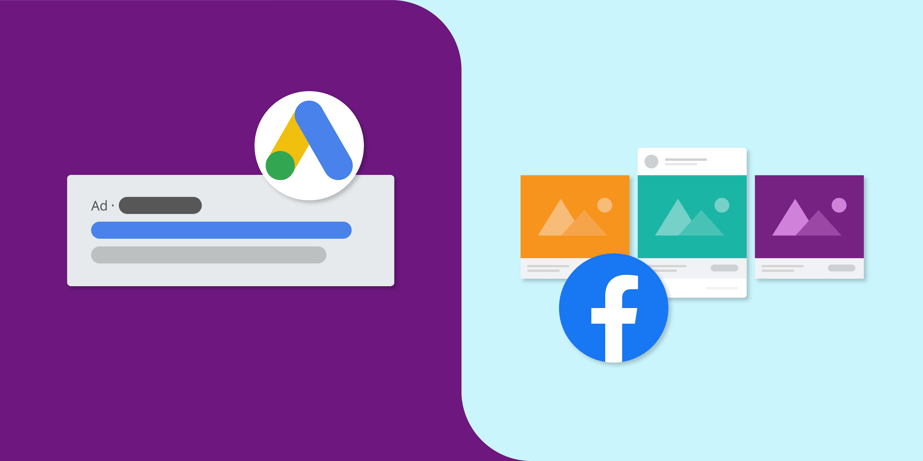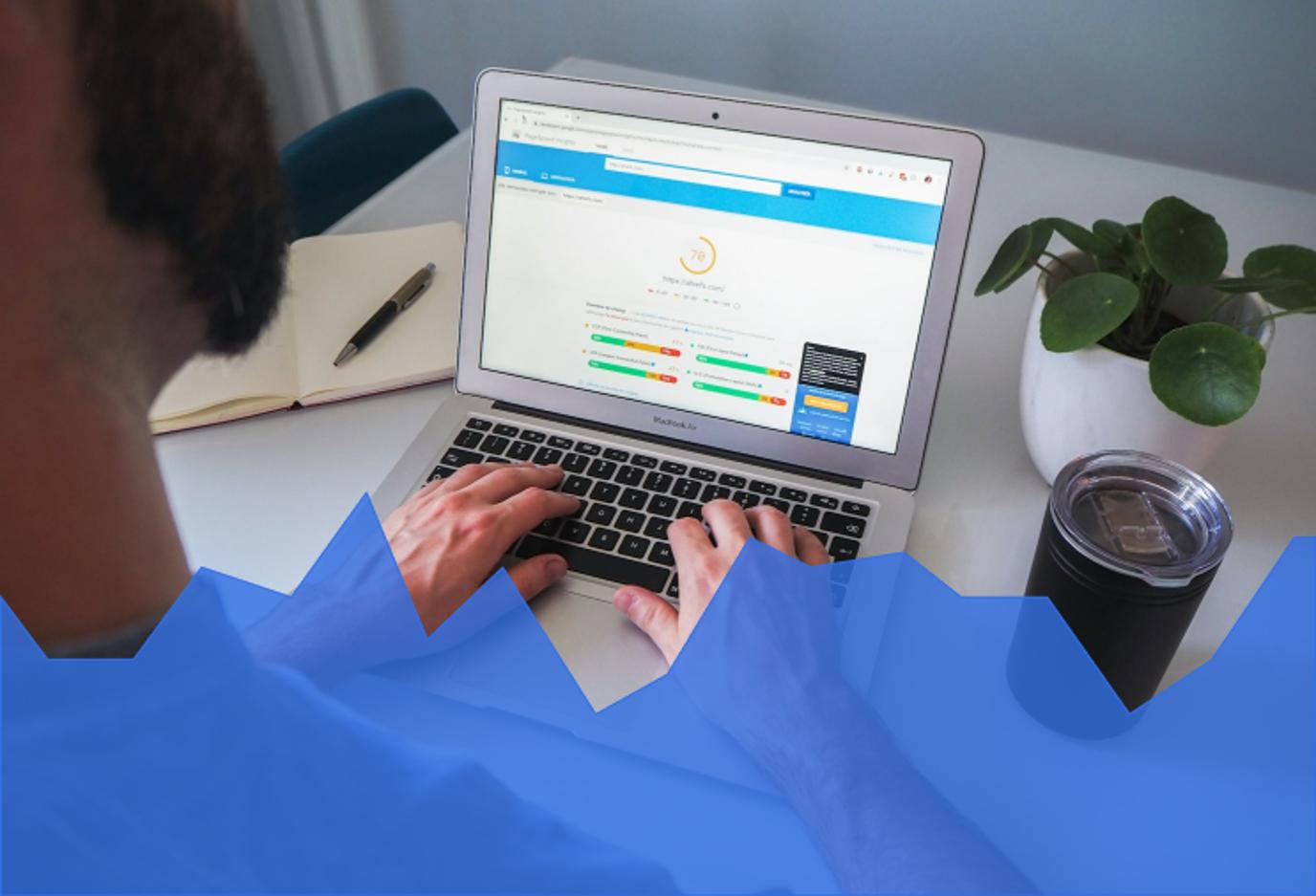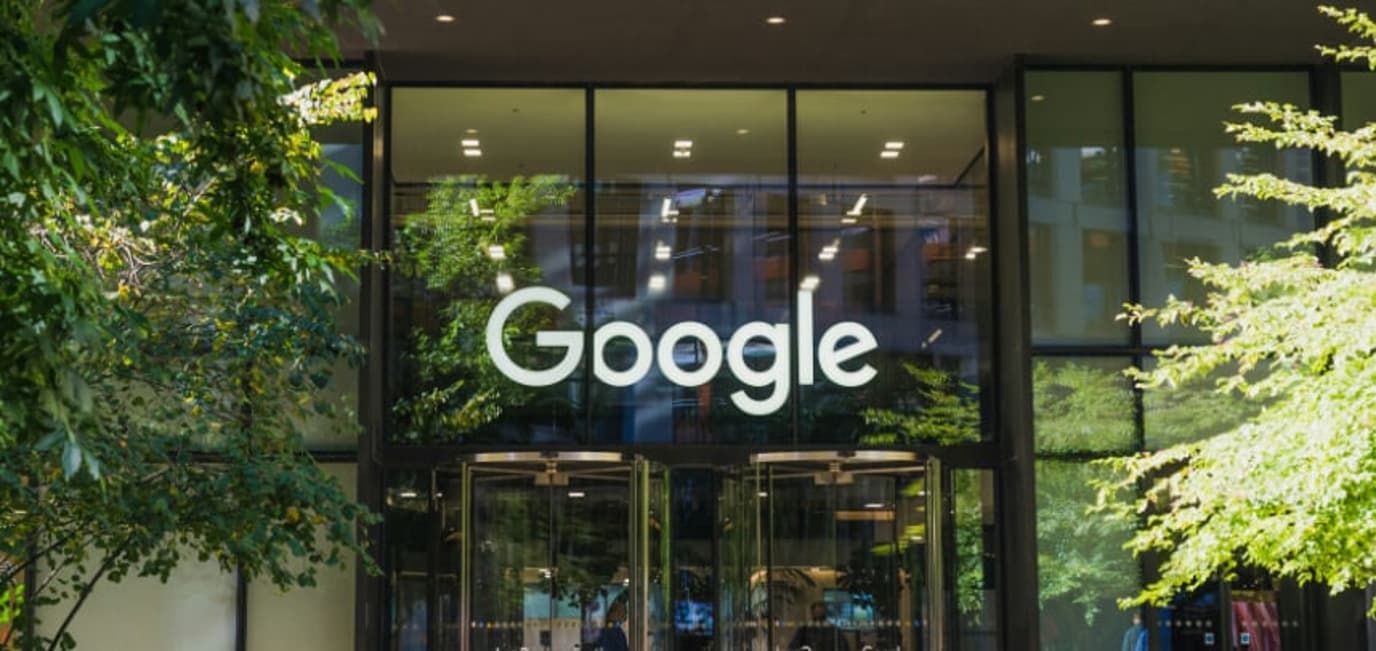This post compares SEO, pay-per-click search ads and social media advertising, outlining how fast each works, what they cost and when they make sense, so you can choose the mix that best fits your goals.

SEO (Search Engine Optimisation) and PPC (Pay Per Click) are historically two of the most popular and effective methods of advertising in the digital world. In this new landscape, however, social media ads are also a powerful option for many businesses.
The question is, which one is right for you?
What is the difference between PPC, SEO and social media ads?
PPC is a marketing method where organisations can pay to show a listing within the advertising portion of the Google search, on partner websites or the Google Display Network (including YouTube, Gmail and Google Play Apps). Organisations are charged when a user clicks one of their ads and visit a web page.
SEO provides ‘organic’ traffic from Google listings or links within the search engine. This is achieved by Google ‘crawling’ the website to check the content and recommend that page to users who may be looking for that content within the Google search. SEO is essentially free, however it can take time and effort to gain ranking for popular keywords.
Social media ads are listed within social media products – typically Facebook, Instagram and Whatsapp but also platforms such as Linkedin, Snapchat and TikTok. They use user profiles to gauge who might be interested in a product or service and then offer the ability to serve ads and special offers directly to those users.
Which option is right for you?
The first thing to note is that you should only go down the road you understand best. If you are technically minded and cash rich then PPC can be an incredible channel. If you have lots of time for research and creating content then an SEO strategy might fit best. If you have an existing social media presence and a great insight into what your perfect customer is, then perhaps social media ads is the best option for you.
When PPC tends to work best
While PPC is clearly a ‘spend money to make money’ marketing method, in some ways it’s quite similar to SEO. The advertiser will still need to compete against other PPC campaigners, which will require keyword research and good organisation.
It is very quick to setup and can be an effective approach, especially if you provide services which have a significant profit margin. For example, you might be charged £1 for a visitor from your PPC advert, but if that visitor may go on to spend hundreds of pounds it can be seen as an easy cost to benefit analysis.
If, however, you provide low margin products such as food or beverages, then PPC may not be viable and instead a brand strategy may be a more effective approach. In this case a social campaign on Meta Ads would probably be a better fit, where you can showcase the whole range of products and focus on the users lifetime value, rather than their intent in making a single purchase.
The downside of advertising generally is that there is an ongoing cost which directly affects the profit margin. While it can be fairly fast and easy, you will need to keep paying for ads to generate those leads and keep a close eye on your campaign to ensure you are not spending in the wrong areas. In other words, the moment you stop that spend, the benefit is gone.
SEO, meanwhile, continues to gain benefit from everything you do on the website. From making new posts, updating pages, improving speed, improving clarity and adding pages. The key focus for both PPC and SEO are intent. Google is trying to match a users search with the best result, both from ads and websites.
Why social media ads are different
Social media ads have been a long-standing advertising method, allowing people to market their companies on large social network sites. These companies hold a huge amount of information on its users, which provides an opportunity to be more focused on the ‘ideal’ customer for a business rather than just wait for intent. In other words, social media advertising allows companies to generate their own intent by pushing their products to people who may already be looking, but are not sure what to be looking for.
A simple example might be a company who are selling a new type of energy drink which uses a holistic, healthy ingredient that replaces the need for caffiene or sugar. Users may not know the name of the ingredient or even know that they are looking for a healthy alternative (making PPC and SEO non-viable), however using data for people who are already consuming the unhealthy option can give companies a way to present their products as an alternative effectively.
Social media ads do not rely on optimisation in the same way as SEO and PPC and will not help to bring in organic traffic in the long-run. However, Facebook ads have the potential to reach interested parties, bringing them straight to your website to browse your goods and allowing you to leverage your brand name for SEO.
Making a good decision for your organisation
Marketing strategies all have their pros and cons. SEO is generally considered the cornerstone of all digital marketing. When it’s done well it provides long-term organic traffic but it can be time intensive and usually takes a few months for SEO changes to take effect. If you need results quickly while this is building up, then putting some ads in place is probably a wise decision.
A strategy where you spend some money in the short term but also invest in organic results in the long term is ideal. We recently implemented a paid advertising campaign for a client which showed some immediate results (within the first week of going live) and helped them get their focus on sales quickly.
If you’re feeling confused, get in touch. We have started offering free half-hour phone calls to anyone who simply wants advice. It’s free and isn’t for us to push our services. We will genuinely look at what your business is and does and try to help you with any difficult decisions you need to make.
FAQ
1. What’s the difference between seo, ppc and social media ads?
SEO earns “free” organic clicks by helping your pages rank in google; ppc buys space at the top of search results and charges per click; social media ads show paid posts on platforms like facebook or instagram, targeting people by their profiles and interests. wecreate.digital
2. Which channel brings traffic fastest?
PPC and social ads can send visitors within hours of launching a campaign, while seo usually needs weeks or months of steady optimisation before rankings (and clicks) grow. wecreate.digitalwecreate.digital
3. Is SEO really cheaper than paid advertising?
Yes. Apart from the time you invest, seo has no cost per click, whereas ppc and social ads keep charging every time someone taps your ad. wecreate.digital
4. When is ppc the best choice for a business?
PPC shines when you sell high-margin products or services—spending £1 for a click that could turn into hundreds of pounds in revenue makes clear financial sense. wecreate.digital
5. Are social media ads better for low-margin or impulse buys?
Often, yes. a meta (facebook/instagram) campaign lets you showcase a whole product range and focus on lifetime customer value, which suits lower-margin goods better than cost-per-click bidding. wecreate.digital
6. Do ppc or social ads boost my organic seo rankings?
No. Paid clicks can deliver quick traffic and data, but they don’t move you up the organic search results. wecreate.digital
7. How long does seo take compared with paid ads?
Expect to wait a few months before seo improvements translate into noticeable traffic, whereas paid campaigns show impact as soon as they go live. wecreate.digital
8. Should i combine seo with ppc or social ads?
A balanced strategy—short-term ad spend for immediate leads plus long-term seo work for sustainable traffic—gives most organisations the best mix of quick wins and lasting growth. wecreate.digital





